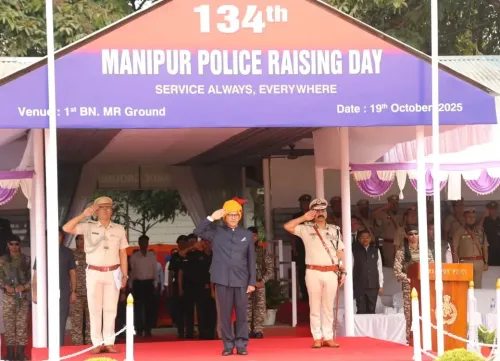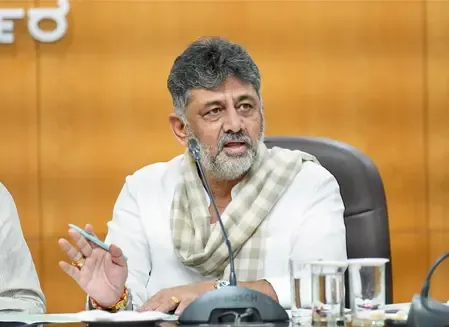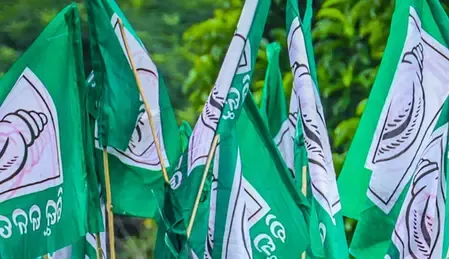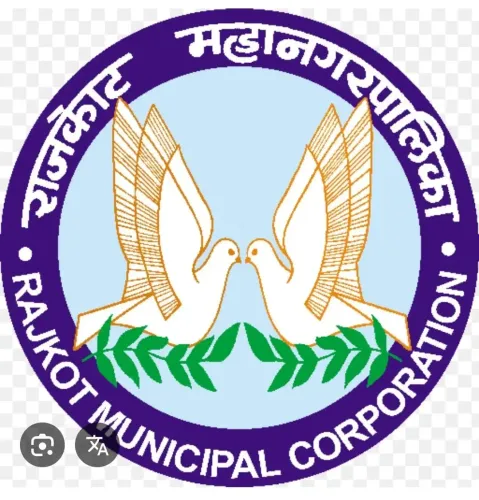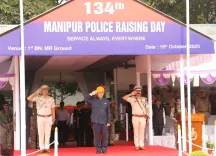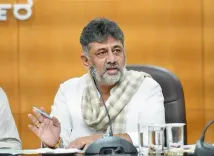Is the EU a Top Priority for FTA Due to Our Traditional Links?
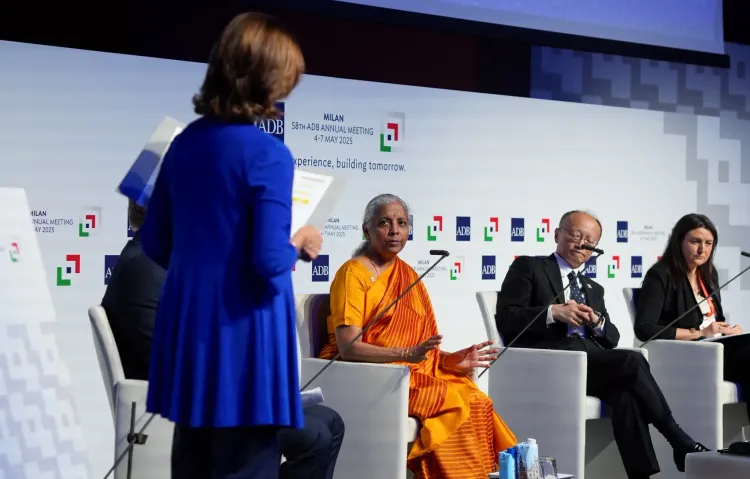
Synopsis
Key Takeaways
- India prioritizes EU for bilateral trade agreements.
- Global uncertainties drive the need for urgent negotiations.
- Investment in youth and technology is crucial for growth.
- Digital Public Infrastructure aids market access.
- Successful poverty reduction models can inspire Global South.
New Delhi, May 6 (NationPress) India is actively pursuing bilateral agreements with various nations, with the European Union (EU) being our highest priority due to the longstanding ties we share, stated Union Finance Minister Nirmala Sitharaman on Tuesday.
Speaking at the "ADB Governors' Seminar: Cross Border Collaboration for Future Resilience" in Milan, Italy, the Finance Minister highlighted the growing uncertainties in global markets, exacerbated by the recent tariff decisions from the US. She noted that global institutions are losing their previous influence.
"In this context, nations are increasingly exploring bilateral agreements. India has been in talks with the EU for a considerable duration. Currently, both sides feel a sense of urgency because we can create a unified market. It’s essential for us to secure investments and market access through bilateral arrangements," FM Sitharaman explained.
She elaborated that successful negotiation requires a blend of flexibility and understanding, stating, "When fixed positions exist, someone must introduce adaptability. While negotiations are common, they should adhere to the principles of free trade."
On the same day, Prime Minister Narendra Modi and UK leader Sir Keir Starmer proudly announced the successful completion of a mutually advantageous India-UK Free Trade Agreement (FTA).
Regarding global supply chains, FM Sitharaman asserted India’s long-term strategy. "Our focus is on leveraging our strengths, including our human capital and technological advancements, as well as sectors that offer growth opportunities," she added.
“With around 600 million individuals under 25, we are not facing an aging population. We have established Digital Public Infrastructure (DPI) to ensure even remote citizens can access global markets for their handicraft products," she informed the audience.
The Finance Minister also engaged with top executives from global banks during an event coinciding with the 58th ADB Annual Meetings 2025.
In her keynote speech, she reaffirmed the government’s commitment to a robust banking system that serves all customer segments efficiently. She acknowledged the contribution of international banks in facilitating Indian corporations' access to global capital and invited them to deepen their presence in India.
Additionally, she met with IFAD President Alvaro Lario to discuss collaborative efforts aimed at empowering rural communities, enhancing food security, and promoting sustainable agriculture.
FM Sitharaman also underscored India’s achievements in poverty alleviation, rural infrastructure, and DPI as exemplary models for the Global South through South-South Cooperation.

